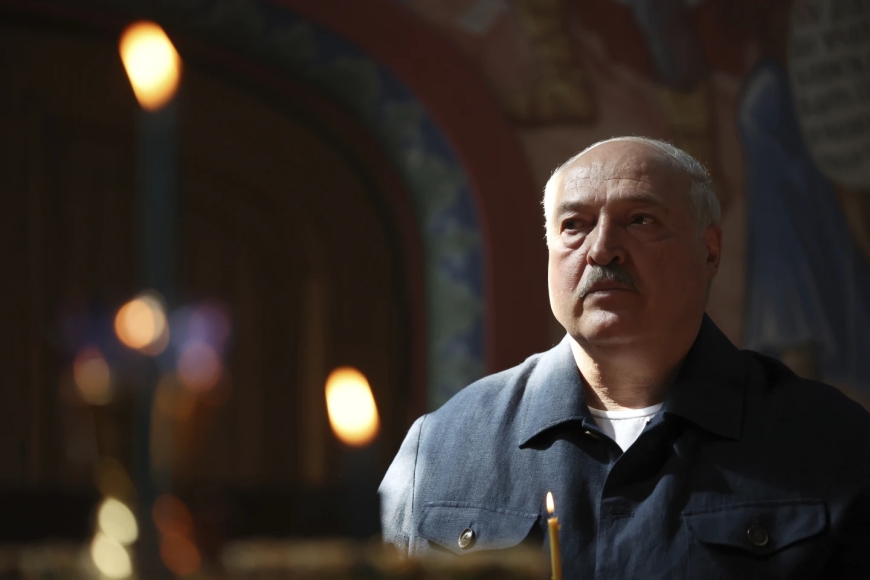Belarus’ Lukashenko Pardons 30 Political Prisoners Amid Ongoing Crackdown

Belarusian President Alexander Lukashenko has issued a pardon for 30 individuals convicted in connection with the widespread protests against his rule, according to a statement from the presidential office on Friday. This gesture, while welcomed by opposition figures, is seen as a small step amid a broader crackdown on dissent in Belarus.
The pardoned individuals include 14 women and 16 men, some of whom are elderly or suffering from serious health issues. The names of those pardoned have not been disclosed. This move comes as Lukashenko’s government continues to face significant criticism both domestically and internationally for its treatment of political dissenters.
Context of the Crackdown
The pardon follows the massive protests that erupted after the controversial 2020 presidential election, which was widely condemned as fraudulent. The unrest led to a severe crackdown by Lukashenko’s regime, with over 35,000 people arrested and thousands subjected to violence. Many opposition figures were imprisoned or fled the country.
Human rights organizations, such as Viasna, estimate that around 1,400 political prisoners remain in Belarus. The group’s founder, Ales Bialiatski, a Nobel Peace Prize laureate, is among those imprisoned. In July, authorities had released 18 political prisoners who were critically ill, including opposition leader Ryhor Kastusiou.
Opposition Reaction
Sviatlana Tsikhanouskaya, a leading opposition figure who has been living in exile, praised the pardon as a "small but important step forward." However, she expressed concern over the ongoing detention of political prisoners, emphasizing that her fight for their freedom will continue. “My heart aches knowing that every day, more people are being detained, and so many remain behind bars,” Tsikhanouskaya said. “We won’t stop fighting until every one of them is free.”
Geopolitical Implications
Lukashenko, who has been in power for three decades, has maintained his rule with significant backing from Moscow. He has allowed Russian troops to use Belarusian territory for the invasion of Ukraine and has hosted some Russian tactical nuclear weapons. This close relationship with Russia has been crucial in sustaining Lukashenko’s regime despite international pressure and internal dissent.
The pardon is seen by many as a limited concession in response to international criticism and ongoing pressure, rather than a substantial shift in policy. The broader context of repression and the large number of remaining political prisoners underscore the ongoing challenges facing Belarusian civil society and opposition movements.













































